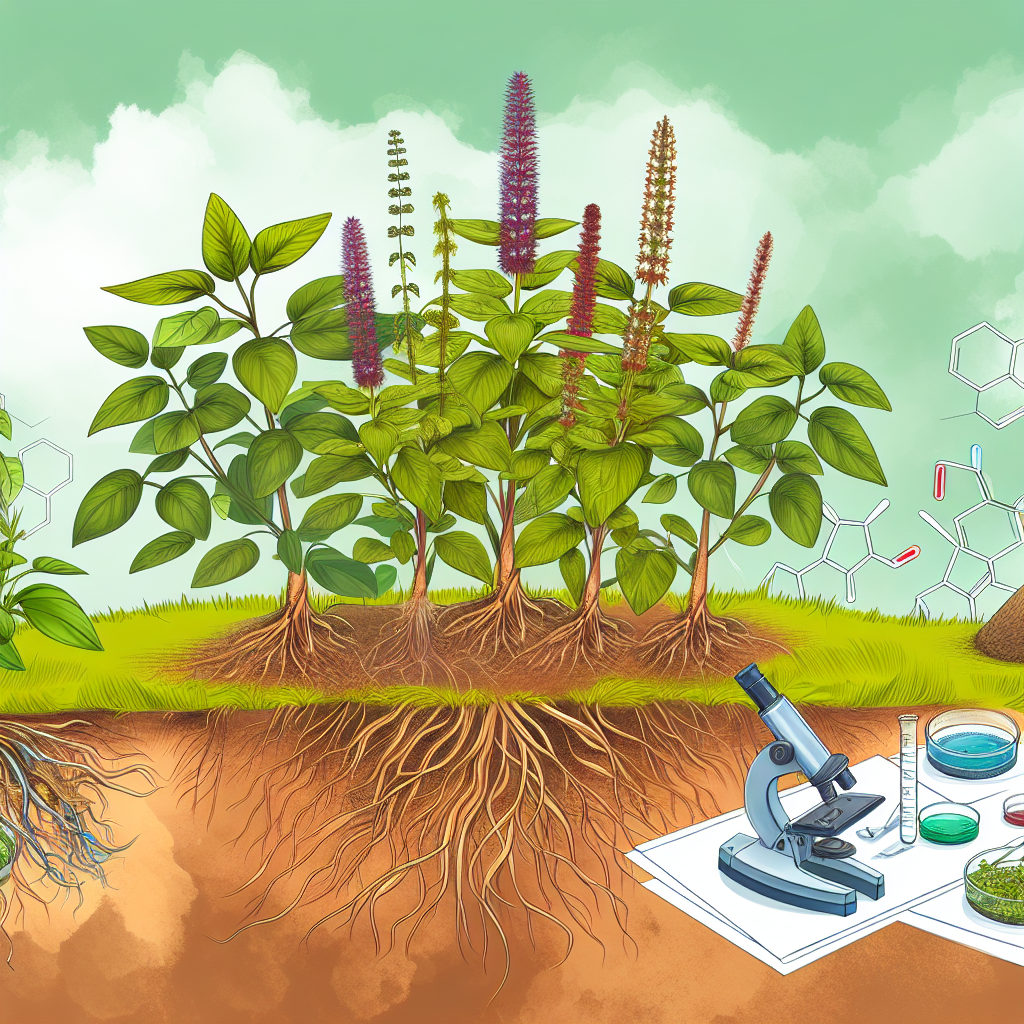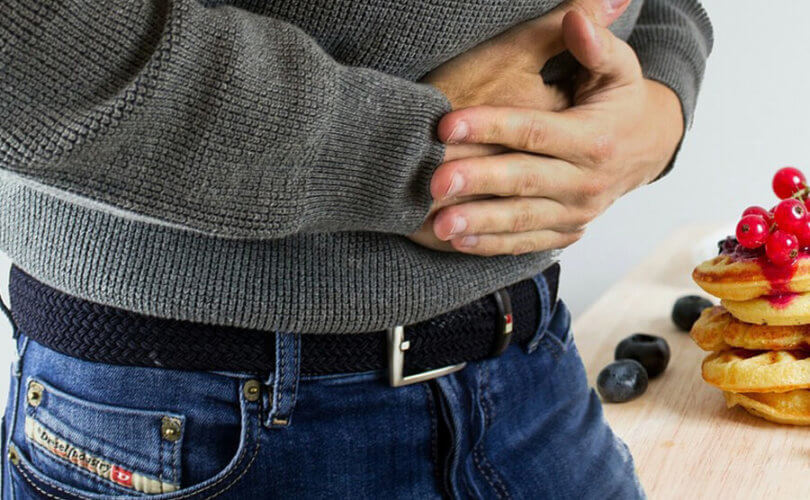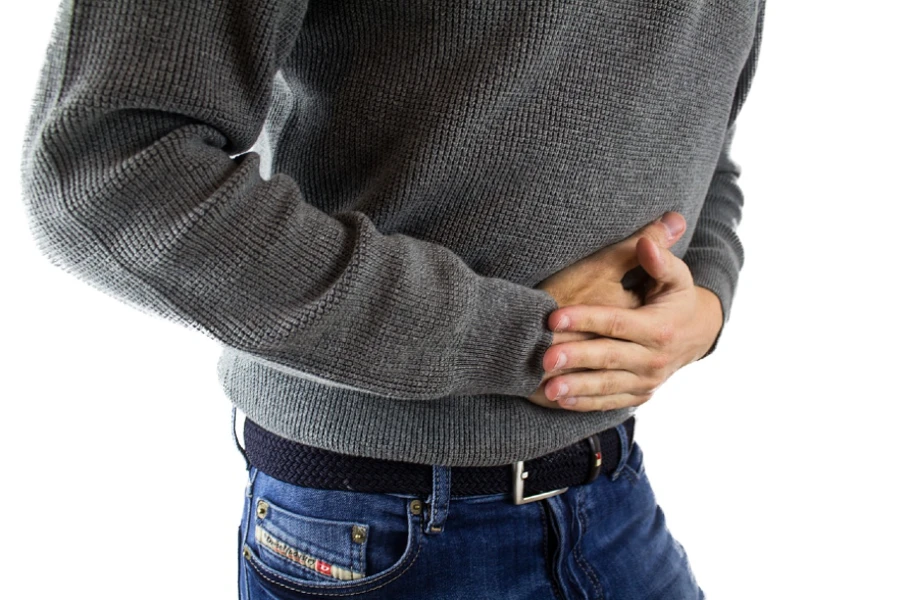A cavity is one of the most frequent dental issues, but it is also one of the easiest to avoid. Implementing a few straightforward recommendations can significantly decrease your chance of acquiring cavities.
The following are the most remarkable ways to prevent cavities:
Brush your teeth twice a day for two minutes each time. Use fluoride toothpaste and a soft-bristled toothbrush. Your teeth should be thoroughly cleaned, including the chewing, back, and front surfaces.
Once per day, floss. Plaque and food fragments between your teeth, where a toothbrush cannot reach them, are removed by flossing.
Mouthwash and Water
Use fluoride mouthwash. Plaque may be removed, and germs can be killed with mouthwash. To strengthen your teeth, use a fluoride-containing mouthwash. Schedule regular trips to the dentist for checkups and cleanings. Your dentist can remove plaque and tartar accumulation you cannot reach at home. They can also look for indications of tooth decay and other dental issues.
Adopt a balanced diet. A diet without processed foods and sugar can lower your chances of getting cavities.
Take in a lot of water. Water removes food scraps and germs that might cause cavities.
AVOID sugary beverages. Drinks with added sugar are the main factor in cavities. If you do consume sugary drinks, remember to wash your teeth after.
Give up smoking. Smoking can harm your teeth and increase your risk of developing cavities.
By implementing these suggestions, you may significantly lower your chance of getting cavities and maintain the health of your teeth and gums for the rest of your life.
Foods to Steer Clear of for Cavities
Cavities are a widespread issue that several things, including food, can bring on. Certain foods are more prone than others to result in cavities. If you wish to lower your risk of cavities, avoid the following foods:
Sugary meals and drinks: These are the main contributors to cavities. When you consume or drink sugary foods, bacteria in your mouth produce acids. These acids attack Your teeth’s enamel, which might result in cavities.
Sticky foods: Sticky foods are another dental carcinogen. This is because they adhere to your teeth and are challenging for your mouth’s saliva to wash away. After feasting on the sticky foods, the bacteria in your mouth might release acids that harm your teeth.
Acidic meals: Eating acidic foods can erode your teeth’s enamel and increase your risk of developing cavities. Citrus fruits, tomatoes, and carbonated beverages are a few acidic foods to avoid.
Starchy foods: Starchy Foods might adhere to your teeth and make it challenging for saliva to wipe them away. After feasting on starchy meals, the bacteria in your mouth might generate acids that harm your teeth. Bread, pasta, and rice are a few starchy foods to avoid.
Here are some more recommendations for preventing cavities:
Use a child’s toothbrush if you have little teeth or difficulties brushing.
Every three months, change your toothbrush.
Every six months, see the dentist for a checkup and cleaning.
Treat your back teeth to sealants. To prevent cavities, you can apply sealants, a thin covering, to the chewing surfaces of your teeth.
When you are ill, take good care of your teeth. You can be more susceptible to developing cavities while you’re sick. Make sure you frequently brush, floss, and rinse with mouthwash.

Dominic E. is a passionate filmmaker navigating the exciting intersection of art and science. By day, he delves into the complexities of the human body as a full-time medical writer, meticulously translating intricate medical concepts into accessible and engaging narratives. By night, he explores the boundless realm of cinematic storytelling, crafting narratives that evoke emotion and challenge perspectives.
Film Student and Full-time Medical Writer for ContentVendor.com




